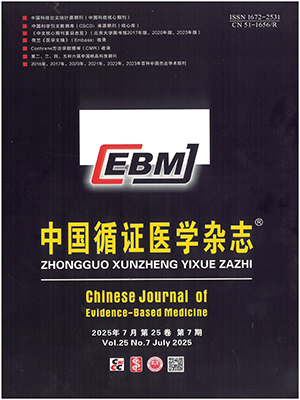Objective We investigated the effect of supplementation with alanyl-glutamine dipeptide on insulin resistance and outcome in patients with chronic obstructive pulmonary disease (COPD) and respiratory failure.
Methods A prospective, randomized, open and controlled trial was conducted. Patients with COPD and respiratory failure were recruited between Jan 2005 to Feb 2006 and randomly assigned to a trial group (n=14) with glutamine dipeptide supplmented parenteral nutrition and a control group (n=16) with isocaloric, isonitrogenic parenteral nutrition. On the third day and fifth day of nutrition treatment, blood glucose was clamped at level of 4.4 to 6.1 mmol/L by intravenously bumped insulin. Blood gas, blood glucose level, insulin dosage were recorded everyday. The outcomes were mortality, length of stay (LOS) in hospital and in ICU, mechanical ventilation times and the costs of ICU and hospital.
Results Thirty patients successfully completed the trial. There was no difference in blood gas between two groups, but PaO2 increased gradually. Compared with control group, blood glucose level had trend to decrease in trial group. The average insul in consumption decreased significantly in trial group on the fifth day. There was no statistical difference between two groups in mortality, length of stay in hospital and the costs of hospital. But compared with control group, length of stay in ICU and mechanical ventilation days had trend to decrease in trial group.
Conclusion Alanyl-glutamine dipeptide do not improve pulmonary function of patients with COPD and respiratory failure. However, alanyl-glutamine dipeptide attenuated insul in resistance and stabilized blood glucose. This trial does not confirm alanyl-glutamine di peptide can improve outcome in critically ill patients with COPD and respiratory failure between two groups in mortality at the end of 30 days, length of stay in hospital and the costs of hospital. But the length of stay in ICU and the duration of mechanical ventilation does decrease, but not significantly, in the trial group.
Citation: QIANG Xinhua,JIANG Hua,JIN Xiaodong,KANG Yan,YI Qun. Effect of Alanyl-glutamine Dipeptide on Insulin Resistance and Outcomes in Critically Ill Patients With Chronic Obstructive Pulmonary Disease and Respiratory Failure. Chinese Journal of Evidence-Based Medicine, 2007, 07(9): 645-649. doi: Copy
Copyright © the editorial department of Chinese Journal of Evidence-Based Medicine of West China Medical Publisher. All rights reserved




